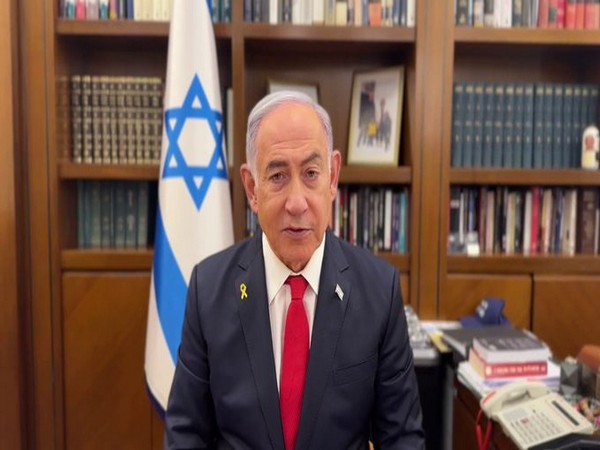Netanyahu's Political Tightrope: Navigating Dissent and Diplomacy
Protests surge in Israel as citizens demand a ceasefire with Hamas, but Prime Minister Benjamin Netanyahu remains resolute on his stance. Accusations of corruption and political maneuvers to maintain power underscore his leadership amidst pressures, security failure, and nationalist demands threatening peace talks and diplomatic resolutions.

- Country:
- Australia
In a robust display of dissent, hundreds of thousands of Israelis continue to flood the streets, calling for Prime Minister Benjamin Netanyahu to negotiate a deal with Hamas to release hostages taken during the October 7 attacks. However, their pleas have gone unheeded as the government insists on conditions prolonging the conflict.
Despite overwhelming public and political pressure demanding a ceasefire, Netanyahu defies demands and pushes forward the war effort. His refusal to negotiate is linked to political survival, amid past corruption charges and a coalition-dependent tenure. As protests mount, Netanyahu's strategy involves satisfying the nationalists within his coalition.
Israel's political landscape becomes increasingly precarious as judicial reforms and nationalist objectives further entrench the conflict. Claims of combating terrorism are met with skepticism as settler expansions in the West Bank exacerbate tensions, moving Israel closer to nationalist visions of a singularly Jewish state.
(With inputs from agencies.)
- READ MORE ON:
- Netanyahu
- Israel
- protests
- Hamas
- ceasefire
- corruption
- coalition
- settlers
- West Bank
- nationalist
ALSO READ
Modi Rally Highlights: PM Accuses Congress of Divisive Politics and Corruption
Europe Rallies: Pro-Palestinian Demonstrators Demand Ceasefire
Global Protests Demand Ceasefire as Gaza Conflict Nears Anniversary
J&K Congress Seeks Coalition to Keep BJP at Bay Amid Exit Poll Predictions
Stalemate in Gaza: The Ceasefire That Eludes Israel and Hamas










